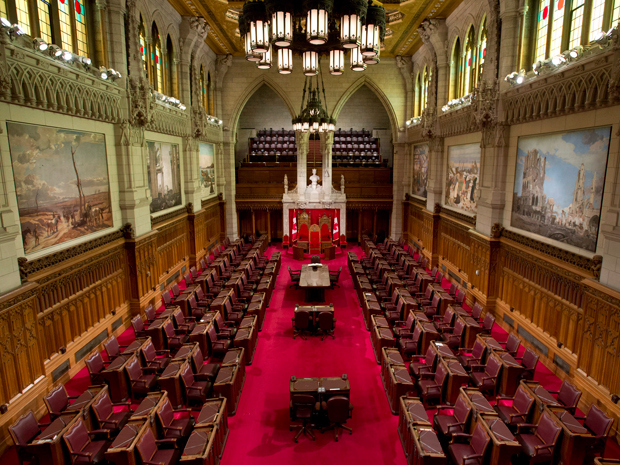We have, it seems, reached a critical moment in the life of the Senate: the moment when the cause of Senate reform became the cause of Senate abolition.
As a committed advocate of senate reform, I once viewed the abolition of the Senate as the opposite of reform. Now, I see abolition as a better path to true reform.
I still believe that Canada would be better governed if we had an elected and accountable Senate. But it is no longer clear to me that the best path to that outcome is trying to reform the existing system with sporadic, piecemeal provincial elections. It might be better to adopt a two-step approach. First, wipe the slate clean by abolishing the current Senate. Then start from scratch in designing a new model for an elected Senate that can be presented to Canadians.
The problem with the approach the Conservative party is pursuing now is that it simply is not working. After 25 years, we’ve still got the same embarrassing patronage pen. It props up and prolongs the status quo — which almost no one supports anymore. I admire persistence. But persisting in a failed strategy eventually begins to look like sheer stubbornness.
A number of prominent advocates of reform — including Ted Morton, the former Alberta cabinet minister (and onetime elected Senator-in-waiting), the Canadian Taxpayers Federation, and Brad Wall, the premier of Saskatchewan — have lately come out publicly in favour of abolition. (Mr. Wall is reported to be readying legislation for the fall to that effect — though he seems to have neglected to tell his caucus of this.)
To be sure, reform remains the preferred alternative for many. But abolition is now seen in some quarters, not so much as an alternative to reform as the prerequisite for it. Considering the failure of the current efforts at reform, Mr. Morton wrote in the National Post, “it might be better to adopt a two-step approach. First, wipe the slate clean by abolishing the current Senate. Then start from scratch in designing a new model for an elected Senate.” The prime minister himself is now said to be coming round to this point of view.
So long as the Senate remains in place, the thinking runs, there will be too many vested interests, provincial or otherwise, with a stake in the status quo. Once it was torn down, it might be easier to come up with a reform plan that was satisfactory to all sides. Even if the attempt failed, we should at least be rid of the Senate as it is, sparing the country the embarrassment of an appointed house, well known as a den of patronage even without its recent ethical lapses, substituting its wishes for those of the democratically elected Commons.
As a political bonus, it allows the prime minister to keep step with the abolitionist New Democratic Party, while leaving the Liberals, who favour retention, offside with public opinion, which runs strongly against the current Senate — a position that is only likely to harden as further revelations emerge.
Why creating a ‘ghost’ Senate may be our best shot at reforming the Red Chamber
































Laissez un commentaire Votre adresse courriel ne sera pas publiée.
Veuillez vous connecter afin de laisser un commentaire.
Aucun commentaire trouvé